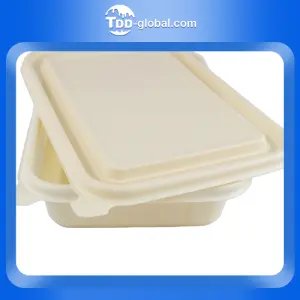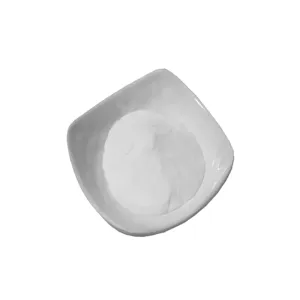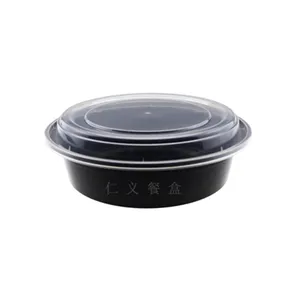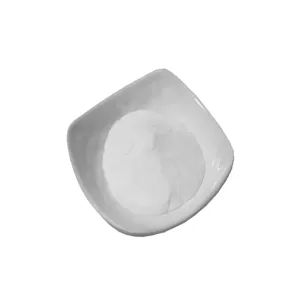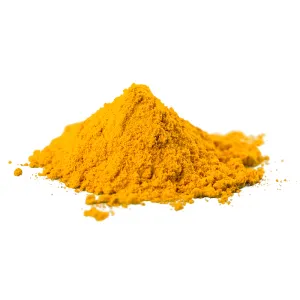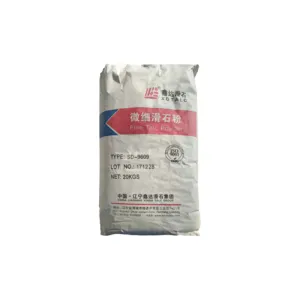83,480
February 20, 2024, 2:41 PM
During the Spring Festival holiday, the international crude oil market continued to rise. Tensions are rising along the Lebanon border, reigniting concerns that the Gaza war could spill over to other parts of the Middle East. Rising tensions in the Middle East overshadowed the impact of U.S. inflation and expectations of slowing demand growth this year, and WTI crude oil futures rose to their highest level since November 6 last year. Geophysical risks are the main factor supporting oil prices. However, the Federal Reserve's expectation of interest rate cuts continues to delay, causing the US dollar index to rise one after another. Coupled with the poor market demand outlook, the increase in oil prices has been limited.

The rise in international crude oil has boosted the overall commodity market atmosphere. On the first working day after the holiday, the polyester industry market has pulled up one after another. Futures opened after the holiday. The main futures markets for polyester raw materials PTA and ethylene glycol have opened sharply higher, and the cost side has risen. With the boost, the polyester PET and polyester markets have risen accordingly. As of the 19th, the PTA East China spot market rose to 6000 yuan/ton, up 1.44% from the pre-holiday; the ethylene glycol East China market rose to 4710 yuan/ton, up 1.07% from the pre-holiday. Although the polyester market is actively following up on raw materials, its overall increase is limited, so the profits of polyester companies remain at a loss. So far, the profit of slice products is-33 yuan/ton, the profit of bottle slice products is-263 yuan/ton, the profit of polyester filament products is-23 yuan/ton, and the profit of polyester staple fiber products is-190 yuan/ton.
|
products
|
February 19
|
February 7
|
rise and fall
|
rise and fall
|
units
|
|
PTA
|
6000
|
5915
|
+85
|
+1.44%
|
Self-raised tax included, RMB/ton
|
|
glycol
|
4710
|
4660
|
+50
|
+1.07%
|
Self-raised tax included, RMB/ton
|
|
Polyester cost
|
6694
|
6604
|
+90
|
+1.36%
|
Yuan/ton
|
|
polyester chip
|
7025
|
6925
|
+100
|
+1.44%
|
Ex-factory tax included, RMB/ton
|
|
polyester bottle flakes
|
7175
|
7050
|
+125
|
+1.77%
|
Ex-factory tax included, RMB/ton
|
|
polyester filament
|
7825
|
7775
|
+50
|
+0.64%
|
Ex-factory tax included, RMB/ton
|
|
polyester staple fiber
|
7400
|
7250
|
+150
|
+2.07%
|
Ex-factory tax included, RMB/ton
|
Although the polyester market is actively pulling up, terminal textile demand has not recovered. Most downstream companies are still on holiday. During the Spring Festival, the construction of weaving companies dropped to freezing point, and the weaving load in Jiangsu and Zhejiang has dropped to a low level of around 50%. Most companies expect to resume work around the 15th of the first lunar month, so companies are less enthusiastic about purchasing raw materials. After the holiday, the production and sales of polyester companies are still relatively weak. The production and sales of most polyester companies remain at around 1- 3%. Lower demand also weakens the rising momentum of the polyester market.
After the holiday, some polyester maintenance companies in China began to resume and restart, and the start of the polyester industry has gradually increased. Up to now, the start of the polyester industry has risen to a level of around 80%. The steady increase in polyester load has also made the market expect a recovery in demand in the future. confidence. In addition, there are still many sets of new polyester devices launched, and the polyester market supply remains relatively high.
The sluggish demand outlook and the prospect of long-term high U.S. interest rates continue to weigh on the market sentiment. The international crude oil market fluctuates at high levels, which weakens the market push. The polyester raw materials PTA and ethylene glycol markets are driven by their own supply and demand sides. It is expected that the short-term market will be narrow. Adjustment, support from the polyester raw material side, polyester market offers will be slightly adjusted mainly based on costs. Most terminal weaving has not returned to the market, and market production and sales are light. Short-term polyester market prices are expected to fluctuate within a narrow range. In the later period, we will pay close attention to changes in the raw material market and the supply and demand side of polyester itself.


